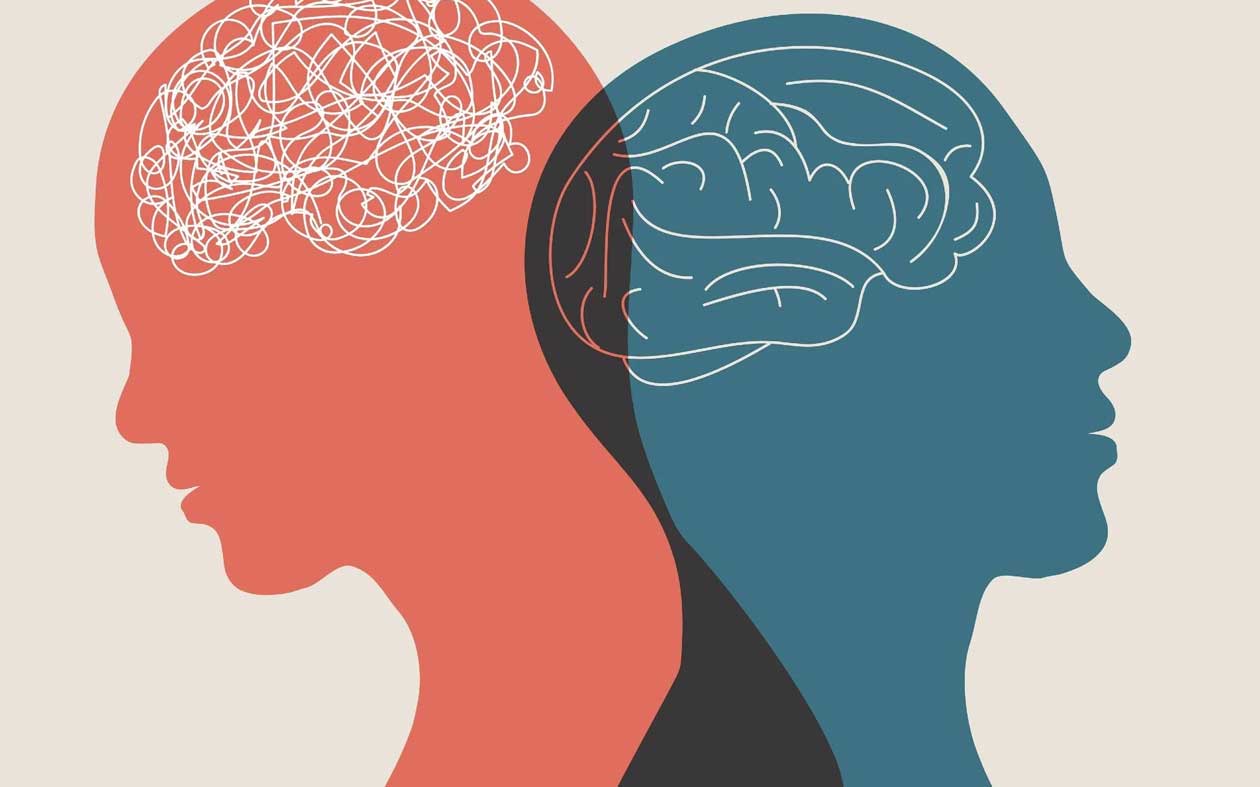
Mental Disorder
"Mental disorder" is a broad term used to describe a wide range of conditions that affect a person's thoughts, emotions, behavior, or a combination of these elements. These disorders can significantly impact an individual's daily life, relationships, and overall well-being. Mental disorders are diverse, and they vary in terms of severity, duration, and specific symptoms. Here are some key points about mental disorders:
Book Your Session